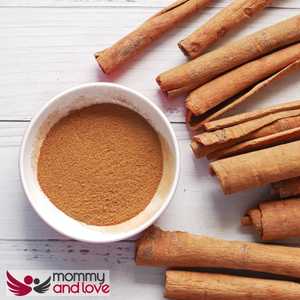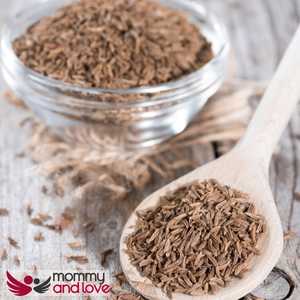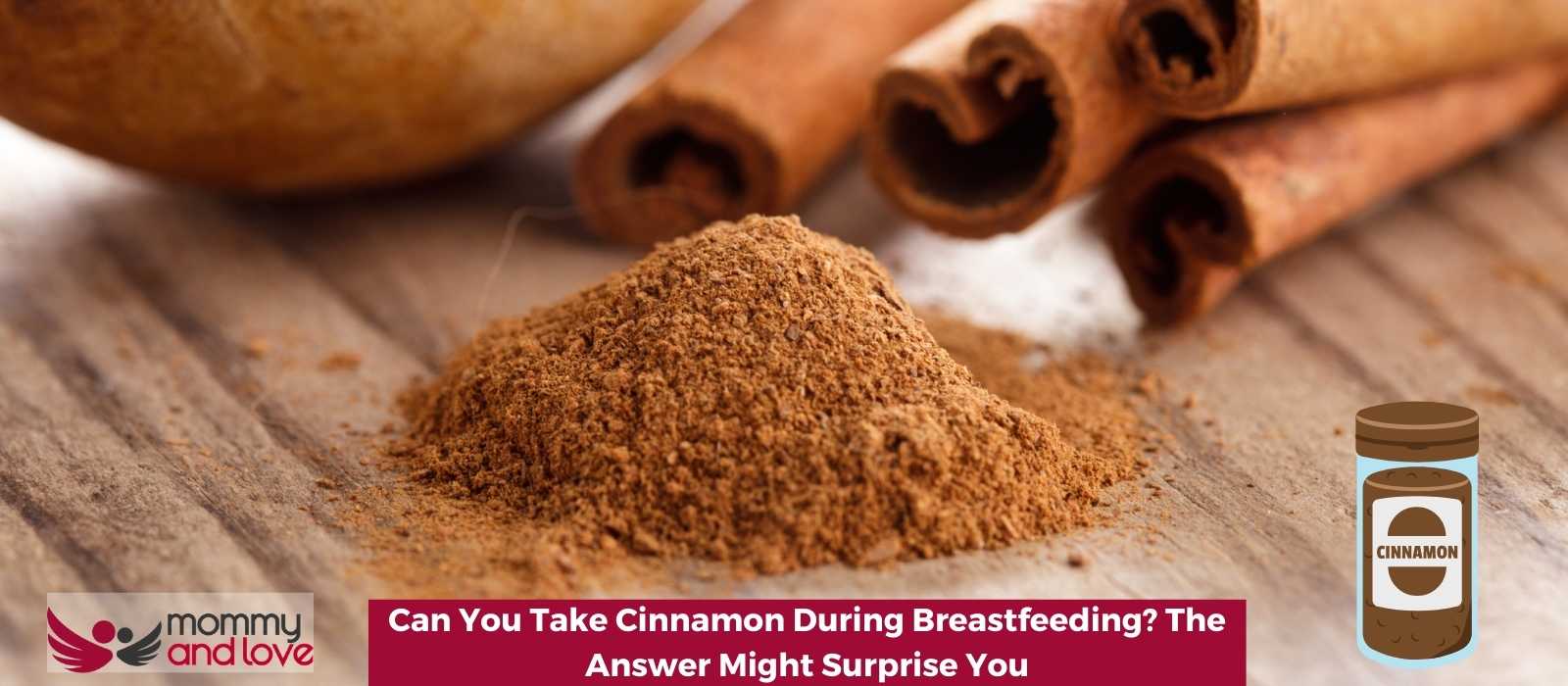When you’re pregnant, you get a lot of advice about what you can and can’t do. Eat this, don’t eat that. Drink this, avoid that. It can be hard to keep track of it all!
But, can you take cinnamon during breastfeeding?
When it comes to taking cinnamon while breastfeeding, the answer is a little less clear. Some sources say that it is safe to take small doses of cinnamon while breastfeeding, while others recommend avoiding it altogether.
So, what’s the truth? In this blog post, we will explore the evidence on taking cinnamon while breastfeeding and help you make the best decision for you and your baby!
Can I Take Cinnamon While Breastfeeding?

This is a great question and one that doesn’t have a simple answer. Let’s start by looking at what cinnamon is and how it might affect your breastmilk.
Cinnamon is a spice that comes from the bark of certain trees in the genus Cinnamomum. Two of the most popular types of cinnamon are cassia cinnamon and Ceylon cinnamon.
This spice is used in both sweet and savory foods and is a popular ingredient in cinnamon tea.
Cinnamon has been used for centuries in traditional medicine and is thought to have a number of health benefits. Recently, cinnamon supplements have become popular.
So, is eating cinnamon while breastfeeding okay? There isn’t a lot of research on this topic, so we don’t know for sure. However, consuming cinnamon is generally considered safe and is unlikely to cause any problems for a nursing mother and her breastfed baby.
What Are the Health Benefits of Cinnamon While Breastfeeding?
Nursing mothers can get benefits if they drink cinnamon tea. Not only can it help them lose weight and boost their metabolism, but cinnamon tea can also help increase breast milk production. Additionally, cinnamon tea can help to soothe an upset stomach and reduce nausea.
If you’re planning on taking cinnamon to help with weight loss, read our article about Losing Weight While Breastfeeding first.
Some lactating mothers also said that consuming half a teaspoon of cinnamon can help in delaying periods during the first six months from childbirth.
Including cinnamon in your diet can aid in the digestion of nutrients.
It is also believed that when cinnamon and similar herbs and spices pass through breast milk, the babies experience different flavors and they might grow up to be less picky eaters when they start solid foods.
Does Eating Cinnamon While Breastfeeding Affect Breast Milk?
There is no definitive answer to this question, as there is currently no scientific evidence to suggest that eating cinnamon while breastfeeding has any effect on breastmilk supply. the evidence stating that cinnamon is a galactagogue is purely anecdotal; you can read more about increasing breast milk supply here though.
However, many health experts believe that cinnamon has many health benefits, and therefore consuming a small cinnamon stick while breastfeeding may be beneficial for both mother and baby.
What Are the Health Concerns About Cinnamon While Breastfeeding?
Consuming large quantities of cinnamon can be problematic for both mother and baby. Spices like cinnamon often alter the taste of breast milk. This may be helpful if you are weaning a one year old off the breast. It can potentially also cause a drop in blood sugar if used together with fenugreek.
Additionally, consuming large amounts of cinnamon in foods can cause gastrointestinal upset in both adults and babies. Therefore, it is important to use caution when consuming cinnamon while breast feeding.
Avoid cinnamon in concentrated amounts, cinnamon can cause a burning sensation in the mouth and throat. This is more likely to occur in people who are sensitive to cinnamon. Eat cinnamon in moderation.
In extreme cases, cinnamon can cause an allergic reaction. Symptoms of allergic reactions include difficulty breathing, swelling of the throat, and hives. If you experience any of these life-threatening symptoms, you should seek medical attention and treatment from a medical practitioner immediately.
Taking cinnamon supplements should also be avoided by breastfeeding mothers. Their efficacy and safety have not been sufficiently studied. They are not regulated by the FDA and a cinnamon supplement may contain ingredients that are harmful to the breastfeeding mother and her baby.
Cinnamon is generally safe to consume during pregnancy as well. However, as with any food or supplement, there’s always a risk to you and your babies in consuming them so be careful.
What Other Herbs and Spices Can Help Increase Breast Milk Supply?

Fenugreek is an herb that has been traditionally used to increase milk production. It is thought to work by stimulating the pituitary gland, which regulates milk production.
Another herb that has been traditionally used to increase milk supply is blessed thistle. Blessed thistle is thought to work by stimulating the appetite, which can in turn increase milk production.
Milky oats are another herb that has been traditionally used to help increase milk production. Milky oats are rich in iron and other minerals that are essential for milk production. They can also help to increase the let-down reflex, which is when milk is released from the breast.
Herbs are not the only things that can help increase milk supply. Spices such as fennel, anise, and caraway have also been traditionally used to increase milk production.
Does Cinnamon Cause Gas in Breastfed Babies?
No. Cinnamon and other spices such as garlic don’t cause gas or any harm in a breastfeeding baby. However, the only risk they pose is that they can alter the taste of breast milk if breastfeeding mothers consume them with a particular food.
Conclusion
So, if you’re looking for a way to add some flavor (pun intended) to your food while lactating or during pregnancy, go ahead and sprinkle on some cinnamon. Just make sure that the variety you choose is Ceylon cinnamon rather than Cassia cinnamon, as the latter contains high levels of coumarin which can be harmful in large doses.
Nursing mothers should be careful when taking cinnamon because it can potentially cause a drop in blood sugar. So be careful of how much of this spice you’re going to consume.
Avoid cinnamon and similar food items if they are causing allergic reactions to you and your babies.

This article was written by Sandra Baker – full time writer and the mother of four amazing kids (including twins!)
She’s also a breastfeeding counselor and has spent years helping new parents learn how to care for their children. When she’s not writing or caring for her children, Sandra likes to spend time reading and taking walks with her husband.




